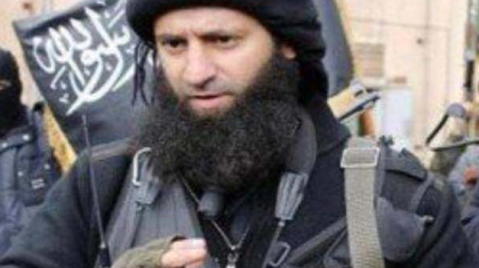
The regime-held coastal area is the heartland of the Alawite minority which has constituted a bastion of support for dictator Basha Assad (if only because of fear that they will be targeted for extermination by Sunni Islamist rebels like Nusra), and al-Golani had some words for them in his comments: “The battle does not end in Qardaha, the Alawite village and the birthplace of the Assad clan. Our war is not a matter of revenge against the Alawites despite the fact that in Islam, they are considered to be heretics. Our fight is strictly with those who attacked us and murdered our people. Our faith is based on mercy and our noble traditions. We are not murderers. We will not hurt them or target them, the Druzes or anyone else.”
These comments are played rather differently by various media outlets. Al Jazeera headlines: “Nusra Front leader: We will not target Syria’s Alawites.” Meanwhile Reuters writes: “The leader of al Qaeda’s Syria wing…warned members of the country’s minority Alawite sect to renounce President Bashar al-Assad and change their beliefs in order to be safe.”
Inland to the east from the zones of regime, rebel and Nusra control is the vast area of Syria under control of ISIS—the majority of the country, in terms of territory. (See map.) The world continues to watch the situation at Palmyra, the historic city in Homs governorate seized by ISIS last week. The regime’s antiquities chief Maamoun Abdulkarim said May 26 that so far the jihadists have not damaged the ancient archeaologcal site at the city. But the Syrian Observatory of Human Rights reports that the regime has launched numerous air-strikes on the ISIS-held city in recent days, which could be placing the ruins at risk. The notorious Tadmur prison at Palmyra was also targeted with air-strikes, indicating the regime may be seeking to kill the detainees there before they can be conscripted into ISIS. The Observatory also reports that ISIS has summarily executed at least 217 residents since taking the city. These include 67 non-combatats and 14 children. (Middle East Eye, Reuters)
The one place where significant gains are being made against ISIS now is Syria’s northeast, where a joint force of Kurdish and Assyrian fighters have in recent days driven Islamic State forces from several more Assyrian Christian villages along the Khabur River. The villages had been taken by ISIS in February, and many of the local residents were taken hostage then. Several have now been freed, although the whereabouts of many more remain unknown.
BBC News/WW4

Leave a Reply
You must be logged in to post a comment.